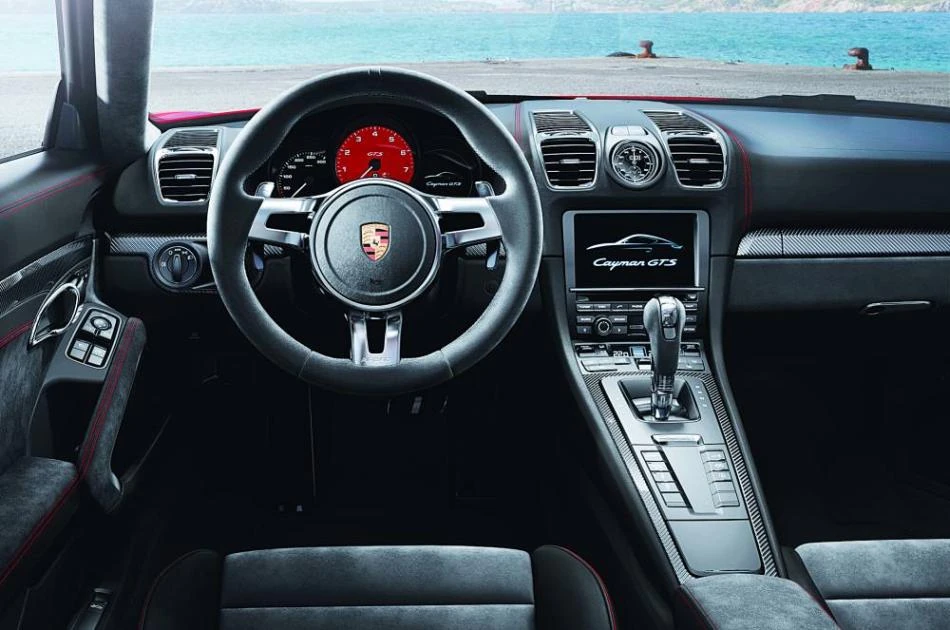
Porsche Abandons In-House Battery Production for Electric Vehicles, Focuses on Partnerships
Porsche Abandons Battery Dreams as Europe's EV Ambitions Hit Reality
German luxury automaker Porsche has pulled the plug on its in-house battery production for electric vehicles, marking another setback for Europe's struggling efforts to compete with Chinese battery giants. The decision underscores the harsh economics facing European manufacturers trying to build domestic battery supply chains while competing against established Asian producers with massive scale advantages.
The Economics Behind the Exit
Porsche CEO Oliver Blume cited low production volumes and prohibitive costs as the primary drivers behind the decision to cease battery cell manufacturing. The move affects the company's Cellforce facility near Stuttgart, which received €60 million in government subsidies just three years ago when it launched as a pilot project.
The Cellforce plant was originally designed to produce 1 gigawatt-hour annually—enough battery capacity to power approximately 10,000 vehicles per year. However, this scale pales in comparison to Chinese battery manufacturer CATL, which operates facilities producing hundreds of gigawatt-hours annually, achieving the economies of scale that make European production economically challenging.
Human Cost of Strategic Retreat
The shutdown will result in significant job losses, with 200 of the facility's 286 employees facing redundancy, according to the IG Metall union. Porsche has indicated that some workers may find positions within PowerCO, the battery division of parent company Volkswagen Group, though this represents only partial relief for the affected workforce.
Cellforce will pivot to focus solely on battery cell research and development, effectively transforming from a manufacturing operation into a technology incubator—a common retreat strategy when production economics don't align with market realities.
Europe's Battery Manufacturing Crisis Deepens
Porsche's decision comes at a particularly challenging time for European battery manufacturing ambitions. Swedish battery manufacturer Northvolt, once heralded as Europe's answer to Asian battery dominance, declared bankruptcy in March. American competitor Lyten subsequently acquired most of Northvolt's assets, further undermining European control over this critical supply chain component.
This pattern reflects broader challenges facing European automakers who invested heavily in domestic battery production to reduce dependence on Asian suppliers, particularly amid growing geopolitical tensions and supply chain vulnerabilities exposed during the pandemic.
Market Implications and Strategic Realities
For investors and industry observers, Porsche's retreat signals a pragmatic acknowledgment that specialized, high-performance battery production may not justify the enormous capital requirements and operational complexity involved. The luxury automaker appears to be following Tesla's playbook—focusing on vehicle design, software, and brand excellence while sourcing batteries from established suppliers.
Despite abandoning battery manufacturing, Blume emphasized that electric vehicles remain central to Porsche's sports car strategy. This suggests the company views battery sourcing as a commodity decision rather than a core competitive advantage, contrasting with earlier industry assumptions about vertical integration.
Lessons from Global Battery Competition
The European struggles stand in stark contrast to successful battery manufacturing ecosystems in Asia and emerging efforts in North America, where massive government incentives and established supply chains create more favorable conditions. China's dominance in battery manufacturing stems from decades of coordinated industrial policy, massive scale, and control over critical raw material supply chains.
Porsche's decision may accelerate a broader industry trend toward specialization, where European automakers focus on vehicle engineering and customer experience while leaving battery manufacturing to dedicated suppliers with the scale and expertise to compete effectively in global markets.
Most Viewed News

 Omar Rahman
Omar Rahman






